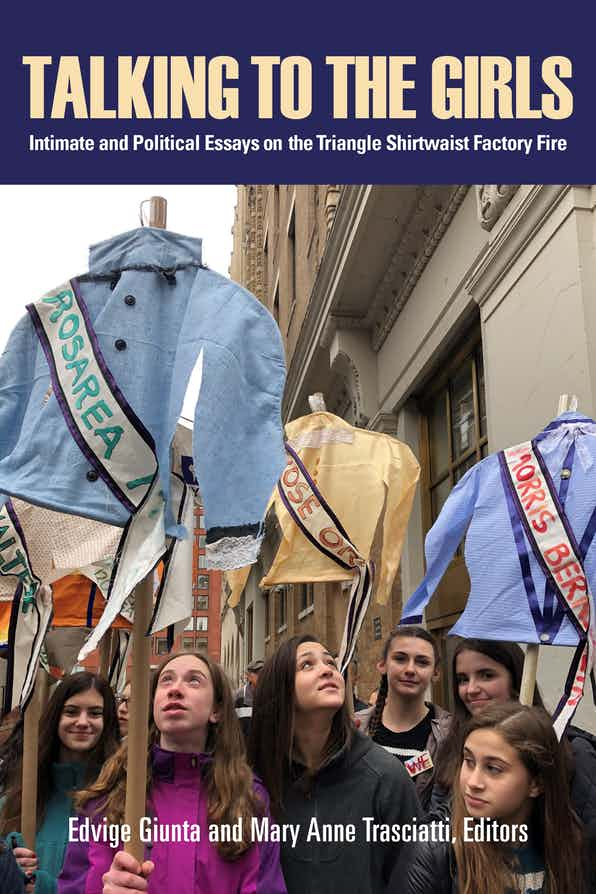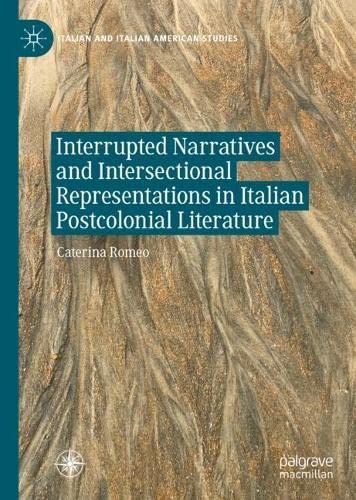
Talking to the Girls
- History & Politics
Intimate and Political Essays on the Triangle Shirtwaist Factory Fire
View details about the event: Talking to the Girls

with author Caterina Romeo

The event will also be broadcast live on our
YouTube, Facebook, and website
Book Presentation
Interrupted Narratives and Intersectional Representations
in Italian Postcolonial Literature
(2023, Palgrave Macmillan)
by
Caterina Romeo
Università La Sapienza di Roma
The author in conversation with
Edvige Giunta, New Jersery City University
Gabriella Romani, Seton Hall University
In ENGLISH
This book argues for the importance of adopting a postcolonial perspective in analysing contemporary Italian culture and literature. Originally published in Italian in 2018 as Riscrivere la nazione: La letteratura italiana postcoloniale, this new English translation brings to light the connections between the present, the colonial past and the great historical waves of international and intranational migration. By doing so, the book shows how a sense of Italian national identity emerged, at least in part, as the result of different migrations and why there is such a strong resistance in Italy to extending the privilege of italianità, or Italianness, to those who have arrived on Italian soil in recent years. Exploring over 100 texts written by migrant and second-generation writers, the book takes an intersectional approach to understanding gender and race in Italian identity. It connects these literary and cultural contexts to the Italian colonial past, while also looking outwards to a more diffuse postcolonial condition in Europe.
Caterina Romeo is Associate Professor at Sapienza Università di Roma, Italy, where she teaches Literary Theory, Gender Studies, and Migration Studies. She is the author of Riscrivere la nazione. La letteratura italiana postcoloniale (2018) and Narrative tra due sponde: Memoir di italiane d’America (2005). She has coedited Postcolonial Italy: Challenging National Homogeneity (2012), Postcolonial Europe (special issue of the journal Postcolonial Studies, 2015), and Intersectional Italy (special issue of the Journal of Postcolonial Writing, 2022).